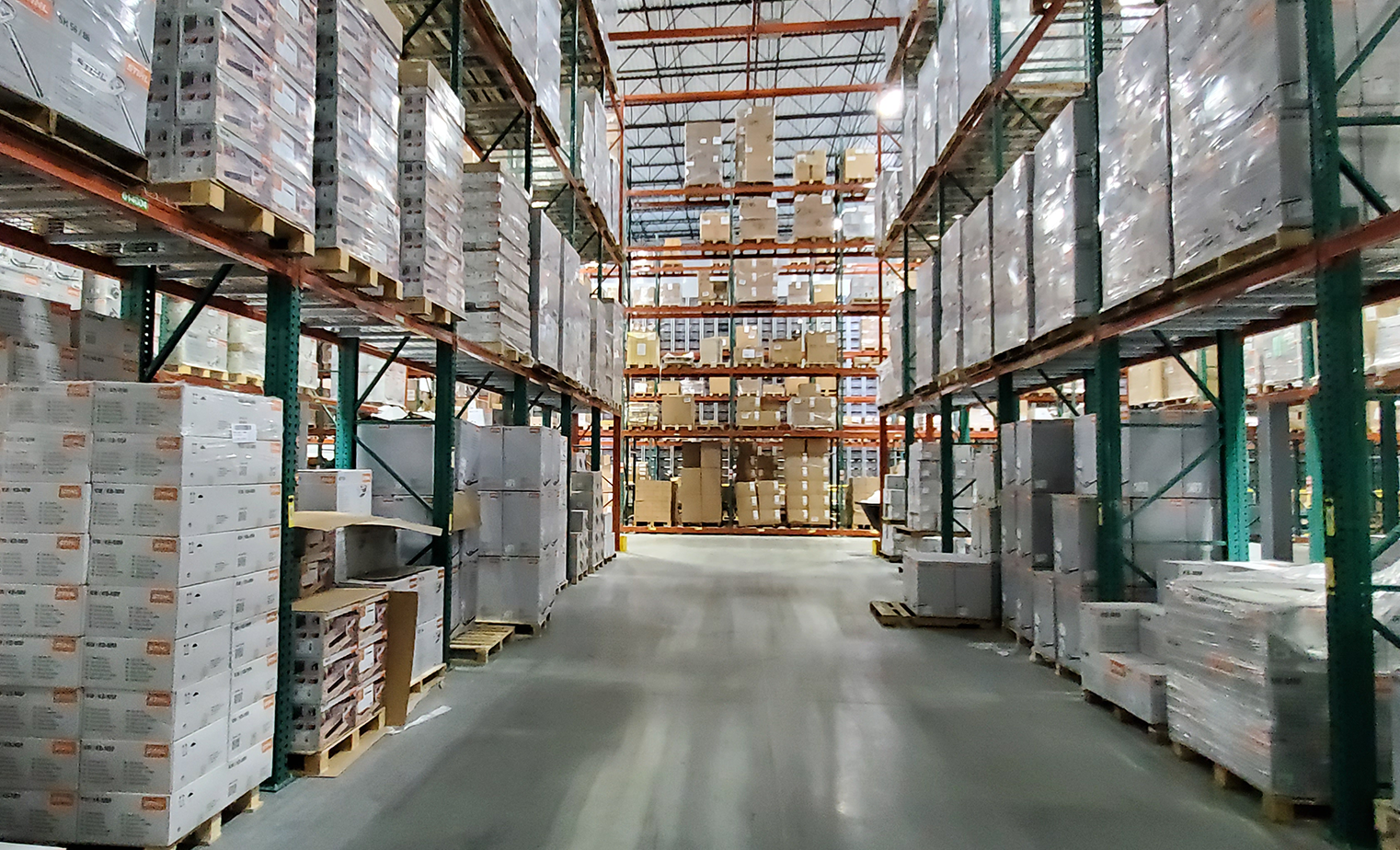Having been in the supply chain and WMS business a long time, I know the complexities associated with finding and selecting a WMS application and the multitude of options you can consider. I think there are a few important questions to ask that can impact the long-term success of your decision:
How long has the vendor been in business and do they have a proven track record?
Be sure that your WMS vendor has a track record of success helping companies, including ones that look like your business. Ask yourself, can they help you now and 5/10 years down the road? Selecting a vendor that has proven results as well as the ability to be a partner in the future is critical now more than ever.
How much of their operations are based in the US?
While this pandemic has proven we can do a high degree of business digitally, there is nothing quite like personal assistance and an available support system. Be sure to investigate a vendor’s service organization, their support structure, and ticketing practices. How quickly can you get a developer or engineer on the phone (or to your location) when you need critical support? Do they effectively communicate and have project-based knowledge of your system and needs?
Can your vendor offer other complementary pieces to the WMS?
While most supply chains have many similarities to each other, each one has their own particularities and requirements that are tailored to customer needs and business demands. Be sure that your provider can react to the variety of requirements without having to deliver a truly customized, one off solution. Solutions today can and should afford you the ability to deal with most requirements through system configuration options (most are user controlled but can be vendor configured as well). This puts you in the best position to leverage your systems, including upgrades over the long haul.
Does the solution offer you both short and long-term flexibility to meet changing requirements, including the type of uncertainty we are currently facing?
Looking back at the beginning of 2020 and what has happened in such a short time, the word I keep coming back to describe what a supply chain needs to be is "flexible". Change will continue to happen, no matter how well we plan. Your WMS and related systems will need to handle these changes and be able to adjust to new customer needs and demands. Being able to manage change, scale up operations and be responsive to both internal and external needs are all requirements for today’s WMS systems both in terms of product offerings but more importantly the vendor providing you services.
Does the solution offer you the option of changing other internal systems (ERP) without significant investment?
Businesses and business operations change as companies grow and evolve. Be sure that your choice of a WMS does not have a significant impact on future business decisions. I have seen it first-hand, businesses making a switch to a new ERP system and due to a strong WMS with thoughtful integration capabilities to all types of other systems, the WMS became the cornerstone through the change and beyond. Without that flexibility, you may be changing your WMS along with your ERP.
How important are you to them as a client? Will you get lost in the big company structure?
While the technology is critical as well as the vendors ability to provide strong implementation and support services, something that can get lost is if you can have a strong relationship with the vendor. People still do business with people and in the end, it’s about the results and benefits that the relationship delivers. Selecting a vendor who is committed to building a long-term relationship with you can make a world of difference when you are first starting down the implementation pathway, as well as, to many opportunities as the days, months and years unfold.
Last, but not least, one more suggestion and I feel it’s the most important one. When it’s time to look for a new WMS, spend time with your entire team, document your requirements in as much detail as possible so you can share it with potential vendors. It does not need to be a full RFP, but it does need to reflect what the most important needs, wants and critical success factor are for your operations. This forces important items to the forefront and will be the basis for ensuring a system can meet and deliver the results you need. It will save time and money and make the selection process easier.


